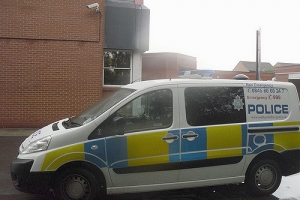Support migrant centric journalism today and donate

Boris Johnson, the London mayor, again called for an "earned" amnesty for illegal migrants.

The interim study by the London School of Economics, commissioned by the mayor, estimated that about 450,000 would qualify for an amnesty which would carry a five-year residency qualification.
The following information is from the LSE Study and official statistics:
- The number of "irregular residents" and their children in Britain at the end of 2007 was in the range of 525,000 to 950,000 with a central estimate of 725,000.
- The Home Office estimate based on the 2001 census of between 310,000 and 570,000 "irregular residents", with a central estimate of 430,000.
- The LSE estimate is that there is a further 175,000 "quasi-legal" migrants whose right to remain depended on the future determination of their migration status.
- The LSE research says between 57% and 75% of irregular residents in Britain live in London.
The report found that "The vast majority of irregular migrants, especially those who are not asylum seekers are young, single men who use services very lightly". The report will also look in detail at the costs involved in the provision of public services for those whose position could be regularised.
Johnson said the report shows a failure in immigration policy with an estimated increase of 295,000 in irregular migrants in just six years: "It would take the authorities over 60 years to remove the current number of irregular migrants on current trends," he said. It was perverse that illegal migrants could use public services but were prevented from paying the taxes that fund those services.
The Home Office responded as follows: "Our policy on an amnesty for illegal immigrants remains unchanged and is ... those here illegally should go home, not go to the front of the queue for jobs and benefits."





















